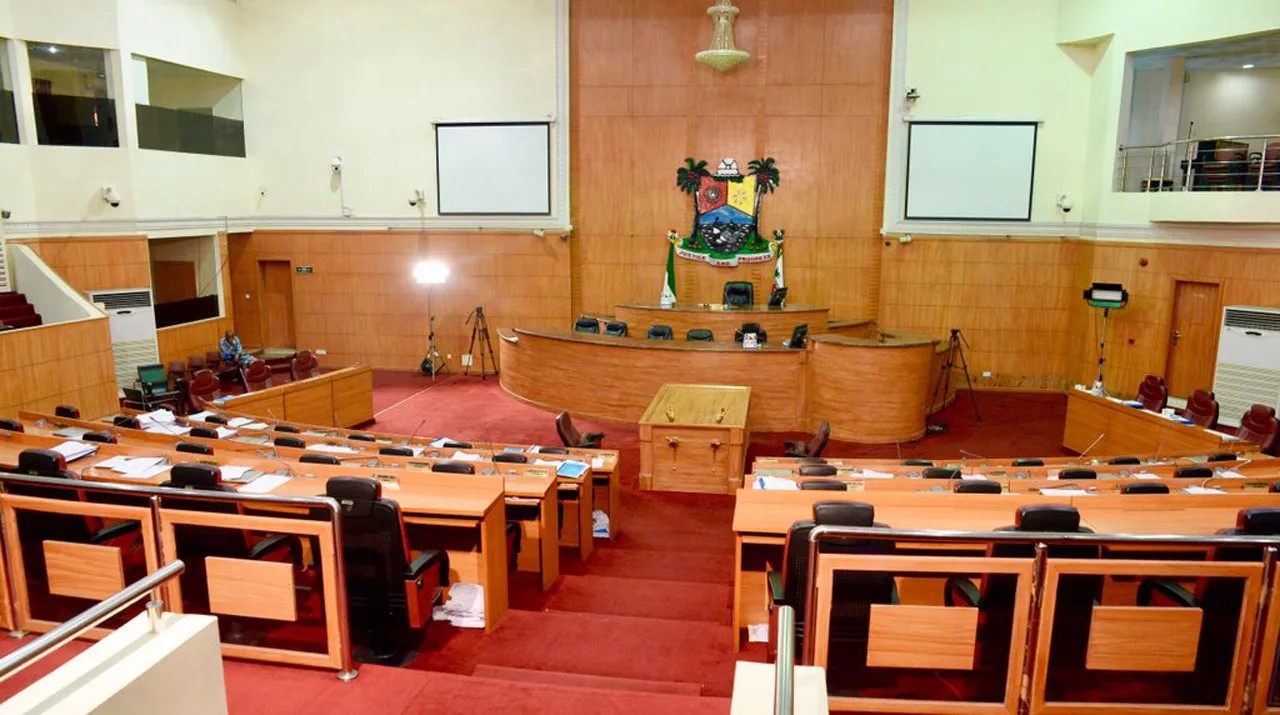The Senate has passed the Electric Vehicle Transition and Green Mobility Bill 2025 for its second reading, giving way for a gradual phase-out of petrol-powered vehicles across the country.
The proposed legislation, sponsored by Senator Orji Uzor Kalu (Abia North) seeks to establish a national framework for the transition to electric vehicles, encourage local manufacturing, and strengthen Nigeria’s commitment to environmental sustainability.
During Tuesday’s plenary, lawmakers overwhelmingly supported the bill, describing it as a necessary step to diversify the economy and align with global clean energy trends.
Senator Kalu said the legislation aims to transform Nigeria’s automotive and energy sectors, foster innovation, and create jobs throughout the manufacturing value chain.
According to the draft, the law will provide incentives including tax holidays, import duty waivers, toll exemptions, and subsidies for both electric vehicle users and investors.
It will also make it mandatory for all fuel stations nationwide to install electric vehicle charging points.
The bill further requires foreign automakers seeking to sell electric vehicles in Nigeria to partner with licensed local assemblers and establish domestic assembly plants within three years.
Companies must source at least 30 percent of their components locally by 2030. Violations could attract fines of up to 250 million naira per breach, while unlicensed importers risk penalties of 500 million naira and confiscation of goods.
The bill positions Nigeria as a potential hub for electric vehicle production in Africa. It mandates that local assemblers produce a minimum of 5,000 units annually, meeting international safety and technical standards.
Investors who establish charging infrastructure will also qualify for government grants and tax credits.
Meanwhile senate president Godswill Akpabio described the proposal as forward-looking legislation that supports President Bola Tinubu’s economic diversification and clean energy goals.
“This is a necessary shift that reflects the future of transportation and sustainability,” he said.
The Electric Vehicle Transition and Green Mobility Bill has been referred to the Senate Committee on Industry for further legislative work and is expected to return to the chamber within four weeks for third reading and final passage.
China recently disclosed intentions to establish an electric vehicle (EV) plant in Nigeria.
The development was made known during a courtesy visit by China’s Ambassador to Nigeria, Yu Dunhai, to Dr. Dele Alake, Minister of Solid Minerals Development.
During the visit, Ambassador Dunhai underlined the need for further collaboration between the two countries in unleashing Nigeria’s solid minerals potential, a crucial component in EV battery production, and propelling Nigeria’s industrial growth.






